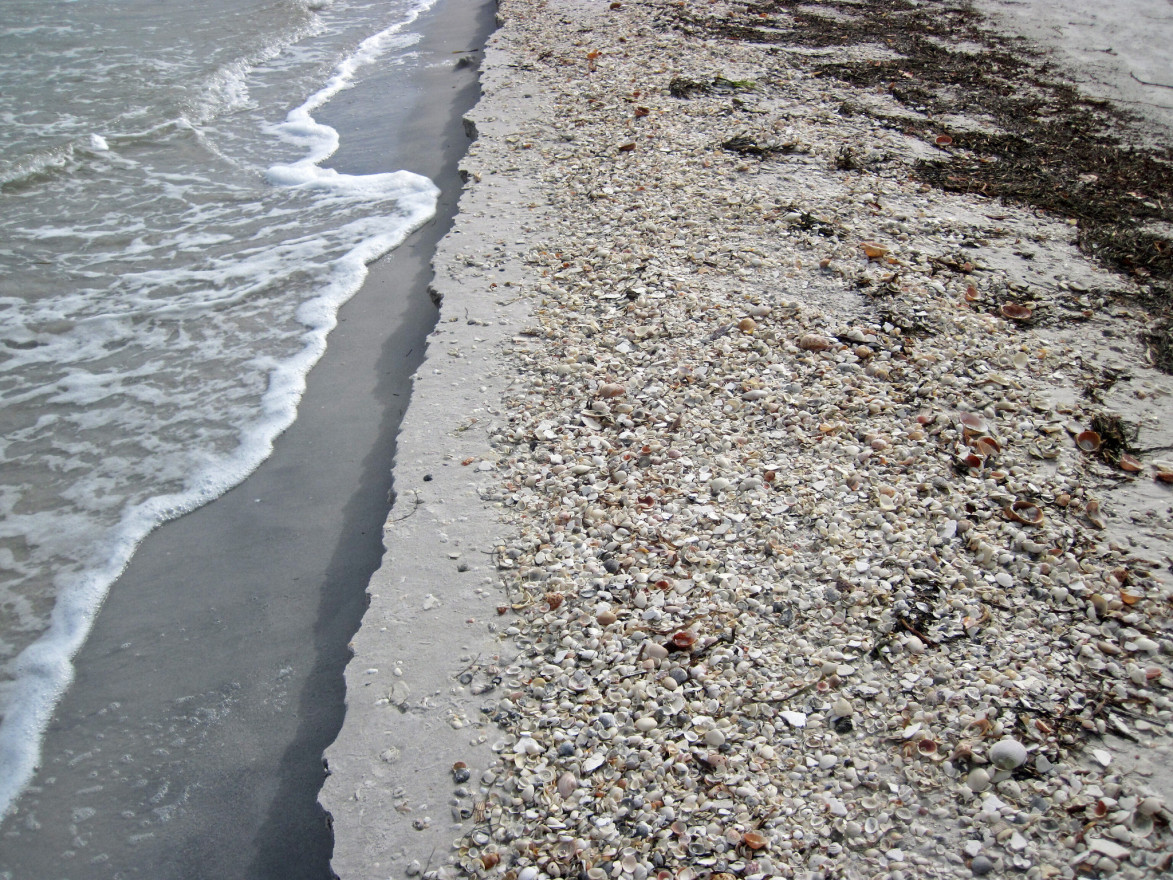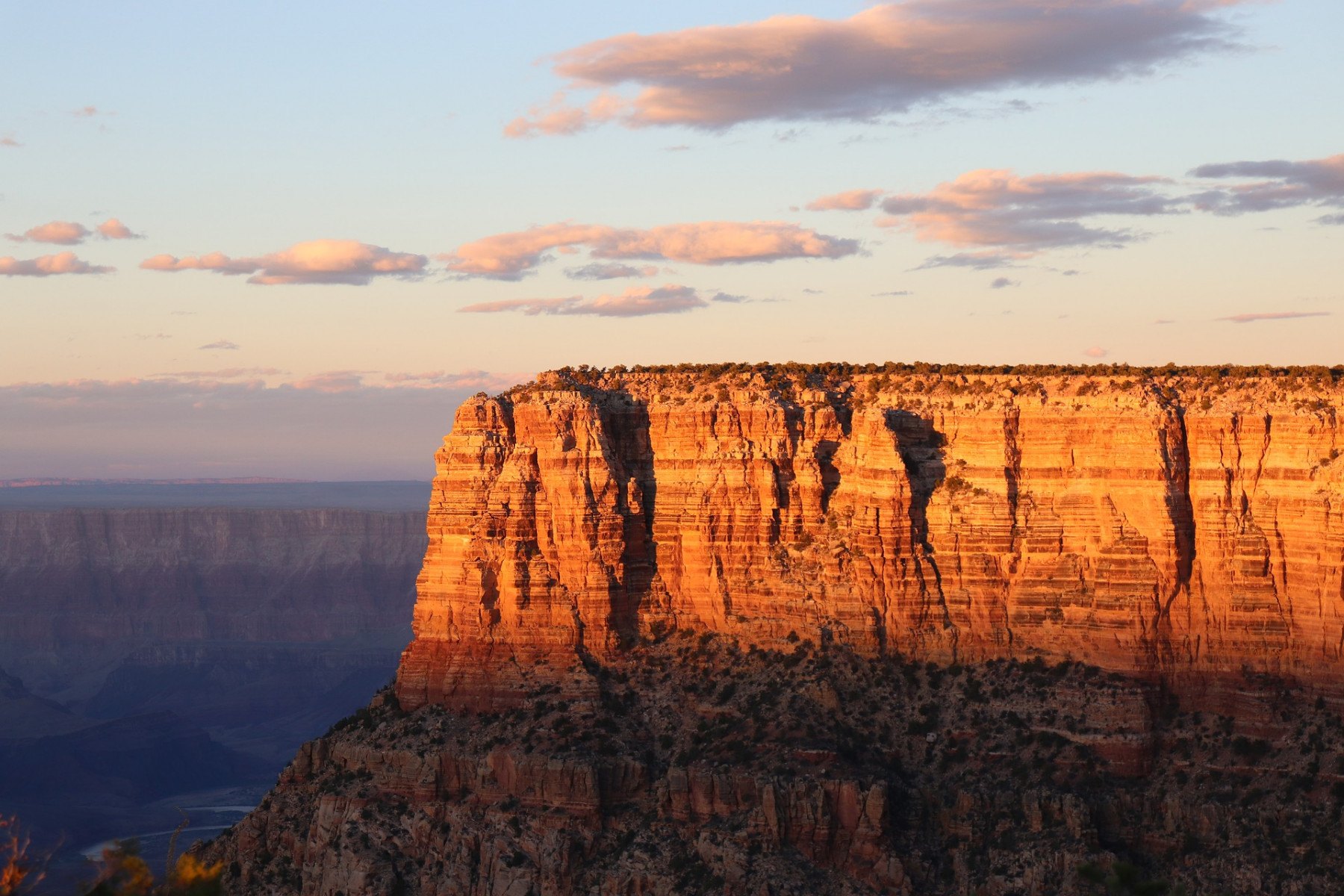
Cayo Costa Island, Florida (James St. John/Flickr).

Cayo Costa Island, Florida (James St. John/Flickr).
By Luke Strominger and Clay Robinson
Luke Strominger writes:
As a Floridian and beachside resident, I value the importance of the environment in our everyday lives. Without a sustainable environment, our economy will depreciate. Each year millions of tourists travel to visit our pristine beaches, resulting in economic prosperity across the state. Issues like sea-level rise and severe weather threaten the economic success brought by them. Finding innovative market-based approaches and utilizing natural solutions to their greatest potential is key to solving these issues. For these reasons, I’m excited to visit Glasgow and attend COP26 and GCCS with the American Conservation Coalition.
World leaders gather at COP26 to collaborate tackling climate change on a global scale. Time and again these international discussions have inspired grand quotes and foreboding predictions over fruitful action. Therefore, it’s incredibly important for the conservative point of view to be not only present but heard. Conservatives seek pragmatic and commonsense solutions that can be acted upon now without the strain of bureaucracy. One of the leading conservative voices at COP26 is Rep. John Curtis, founder of the Conservative Climate Caucus. He will be leading a delegation there, showing that both ideological groups are engaged on the climate. Historically, conservatives have led on these issues. One such accomplishment was the enactment of the Environmental Protection Agency under the Nixon administration.
There will be over 100 exhibitors and 200 events at COP26. Given this, I plan to learn from and share my experiences with attendees and exhibitors, who are taking action in their communities. Every region of the world has its own environmental challenges and natural solutions. It’s important to understand them in order to formulate an effective overall strategy. This is especially true when discussing a global approach to climate change.
Through my experiences in Florida, I’ve seen how limited government, free markets and natural solutions have all intertwined to form an effective conservative approach. Targeted state funding has helped protect our natural solutions, like the Everglades, and increased our resiliency to sea level rise and hurricanes. The free markets have helped mitigate effects, such as Mote Marine Laboratory, which has restored 100,000 corals in Florida’s coral reef, an ecosystem that has suffered in part due to climate change.
Having said that, local action is the basis for global cooperation on climate change. Actions like cleanups, forums, and events with local officials all play a role. It not only increases one’s knowledge of the issues surrounding their area but also motivates others to continue spreading awareness leading to the multi-tiered approach demonstrated in Florida. If this is a focus of discussion at COP26, I believe we can truly move the planet forward by having an understanding that tackling climate change should not be a one size fits all approach but a global partnership that takes every region’s challenges and solutions into account.

Clay Robinson writes:
Arizona is ground zero for environmental action. The Grand Canyon State is growing at an exponential rate, both in population and industry, increasing our need for innovation in the energy sector and new technology for water storage and conservation capabilities. As an activist with the American Conservation Coalition, I look forward to visiting Glasgow to attend COP26 and GCCS to engage with on these issues and bring what I learn back to Arizona.
As a native Californian, I’ve experienced water shortage first-hand and the effects it has on the agriculture industry and residential population. For a majority of my childhood, I lived in a severe drought and learned at a young age to conserve water. When I moved to Arizona, I had an understanding that water conservation would be just as important, especially in the desert. As Arizona continues to grow, we need to manage our water efficiently and create new technologies that reduce waste.
Then there’s the emerging energy question: Can Arizona sustain its growth while providing quality, clean, and cost-effective energy supply? This is where COP26 and GCCS will prove to be crucial to our future activism and policy advocacy in the state. The opportunity to hear from world leaders and organizations committed to solving the same environmental issues we face in Arizona at this summit will be an invaluable experience.
We have the opportunity to capitalize on the momentum happening in Arizona. I’ve already seen how a market-based approach has been successful. Arizona farmers are developing technologies that reduce water consumption, Arizona’s competitive economy has invited several electric vehicle companies to produce the next solution in transportation, and our universities are working to sequester carbon from the atmosphere using carbon capture technology. Innovation is alive and well in the Grand Canyon State, but there’s still more we can do.
There is not a one-size-fits-all solution to climate change. That’s why we need a market-based, innovative approach that focuses on issues in a local context. The American Conservation Coalition and its partners in the United Kingdom and Australia can play a key role at the summit by offering a competing perspective to the progressive narrative — one that works and has been proven to be successful.
How can the conversation in Glasgow help Arizona find climate solutions to water and energy? Global engagement will lay the foundation for local action in communities across our country, including Arizona, because it presents a unique opportunity to learn from leading scientists, activists, and government officials who have taken action on these issues. The experience in Glasgow will prove to be invaluable to our work in Arizona as we build our strategy to advocate for water security and clean energy.
Moving the planet forward will require more than rhetoric—it means taking action. The alarmist attitude will not solve climate change. Rather, it will be a combination of common sense solutions and bipartisan conversations that will change the direction of our environment, especially in Arizona.
—
About the authors:
Luke Strominger is a 2020 graduate of the University of Central Florida, and Clay Robinson is a sophomore at Arizona State University. Both are activists with the American Conservation Coalition and based in Florida and Arizona, respectively.